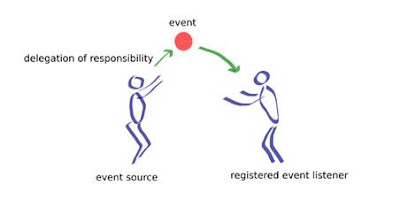Pointer and Its Key Points
WHAT IS POINTER?
- A pointer in C language is a
variable that stores/points the address of another variable. A Pointer in
C is used to allocate memory dynamically i.e. at run time. The
pointer variable might be belonging to any of the data type such as int,
float, char, double, short etc.
- Pointer Syntax : data_type
*var_name;
- Example : int *p; char *p;
- Where, * is used to denote that “p”
is pointer variable and not a normal variable.
KEY POINTS TO REMEMBER
ABOUT POINTERS IN C:
- Normal variable stores the value whereas pointer variable stores the address of the variable.
- The content of the C pointer always
be a whole number i.e. address.
- Always C pointer is initialized to
null, i.e. int *p = null.
- The value of null pointer is 0.
- & symbol is used to get the
address of the variable.
- * symbol is used to get the value
of the variable that the pointer is pointing to.
- If a pointer in C is assigned to
NULL, it means it is pointing to nothing.
- Two pointers can be subtracted to
know how many elements are available between these two pointers.
- But, Pointer addition,
multiplication, division are not allowed.
- The size of any pointer is 2 byte
(for 16 bit compiler).
Example:
#include <stdio.h>
int main()
{
int *ptr, p;
p = 123;
/* address of p is
assigned to ptr */
ptr = &p;
/* display p's
value using ptr variable */
printf("%d",
*ptr);
return 0;
}
Output:
123



Comments
Post a Comment